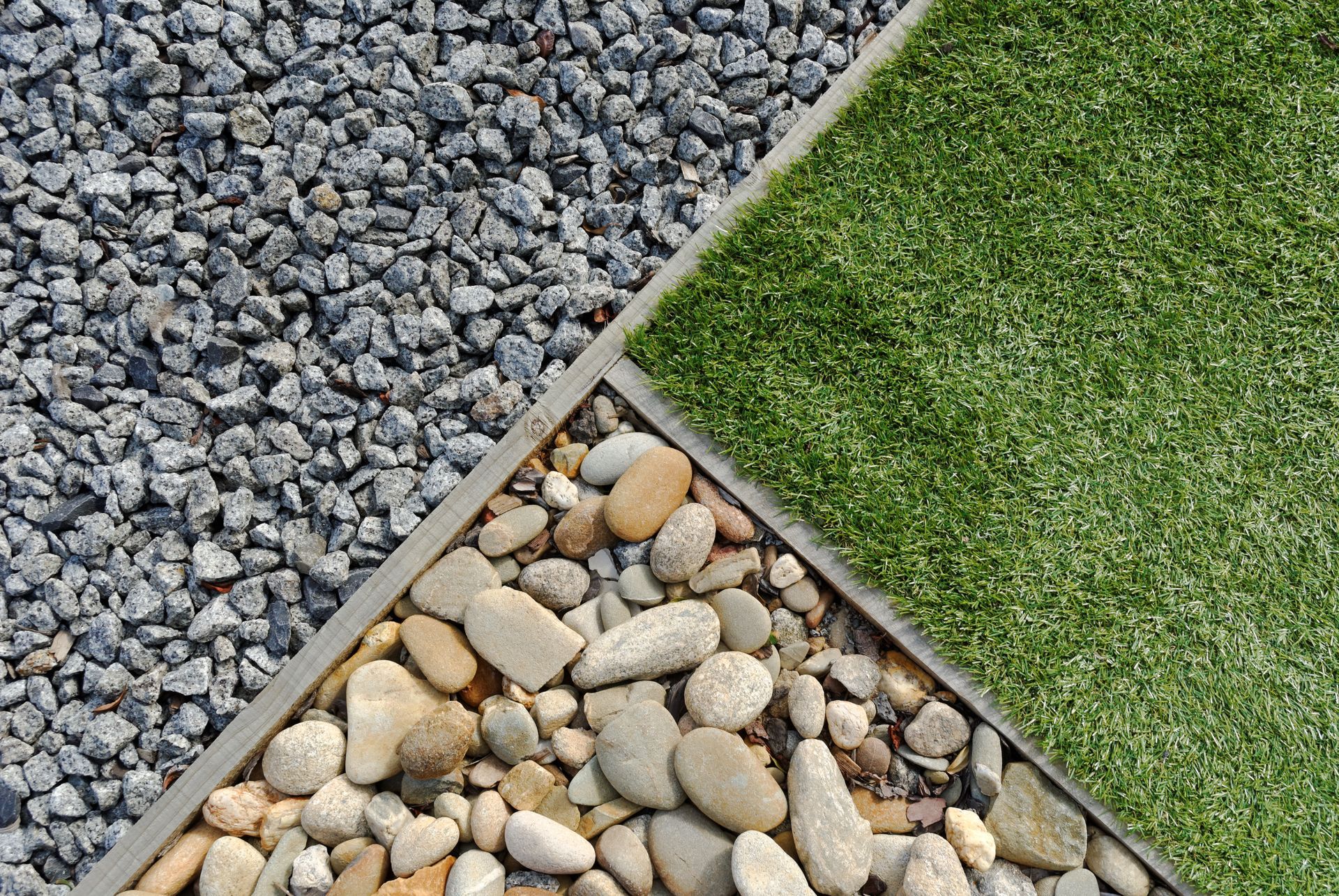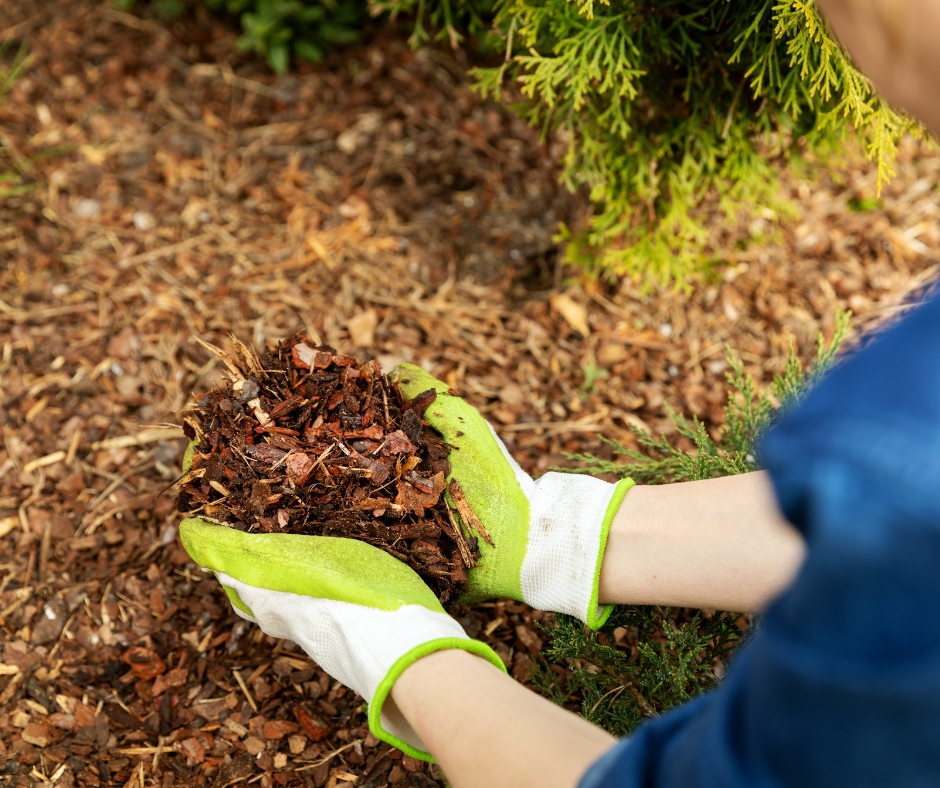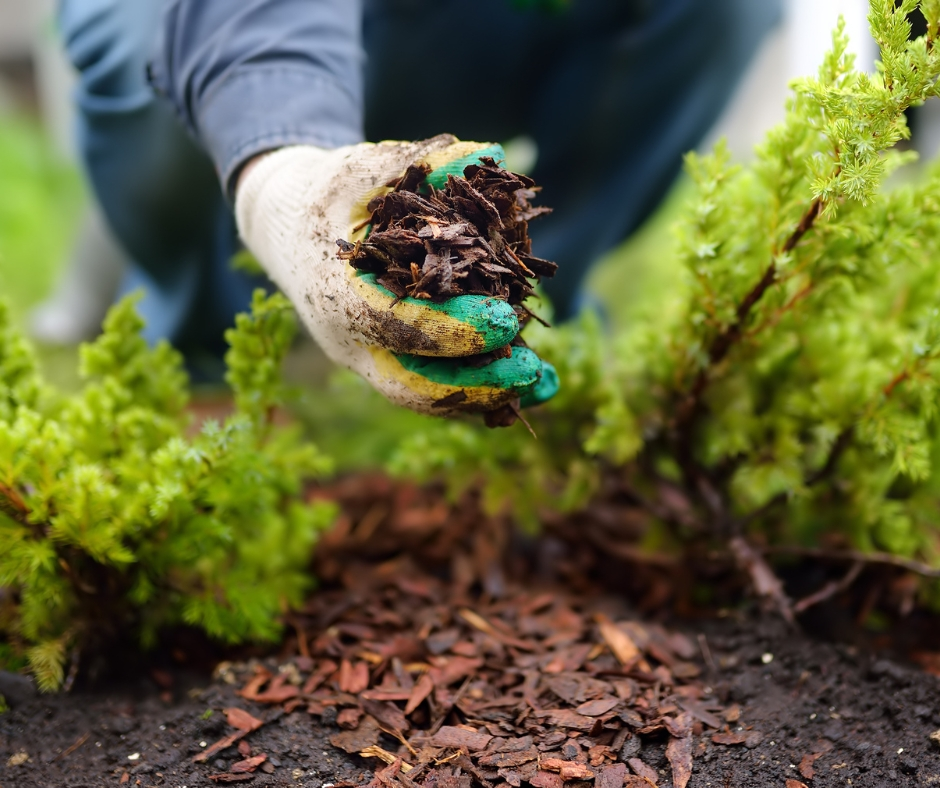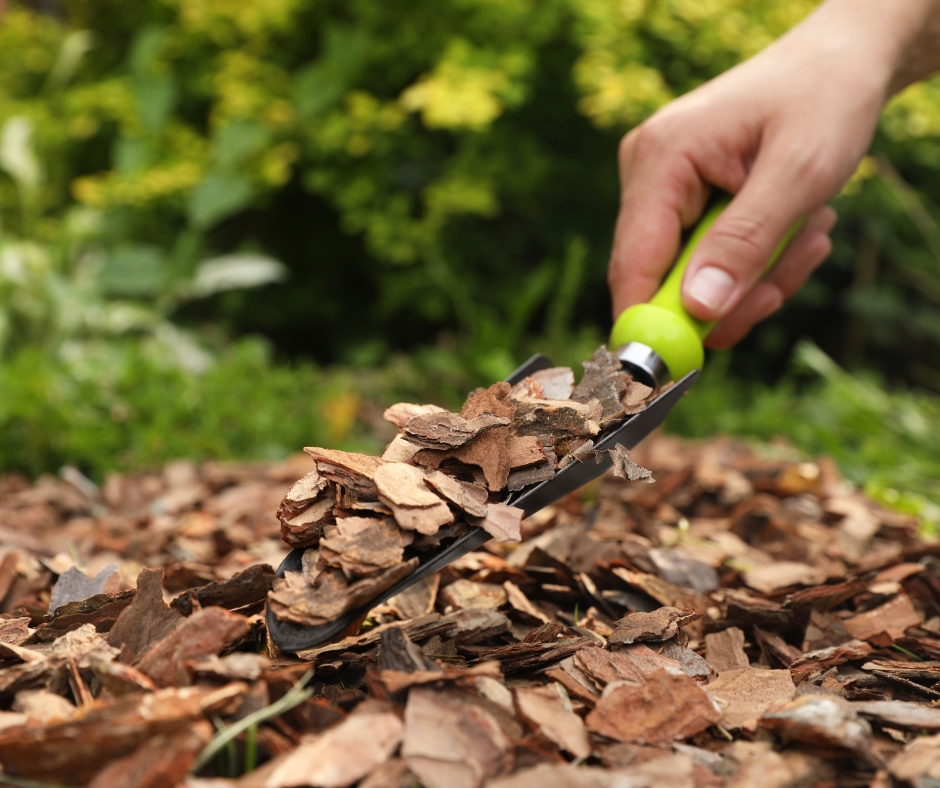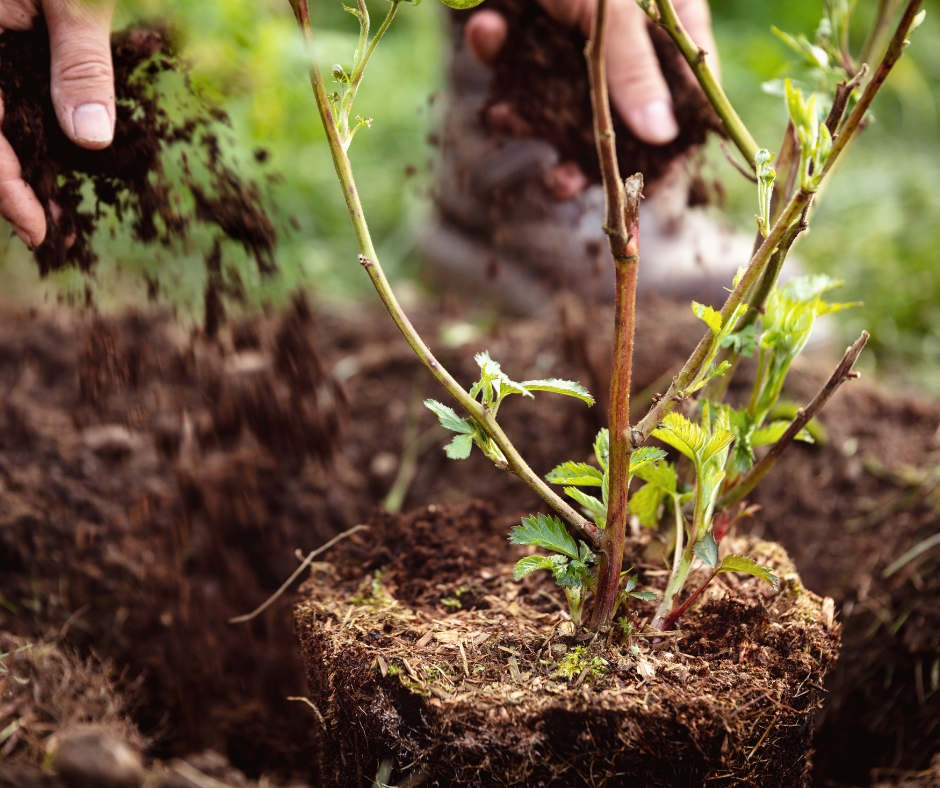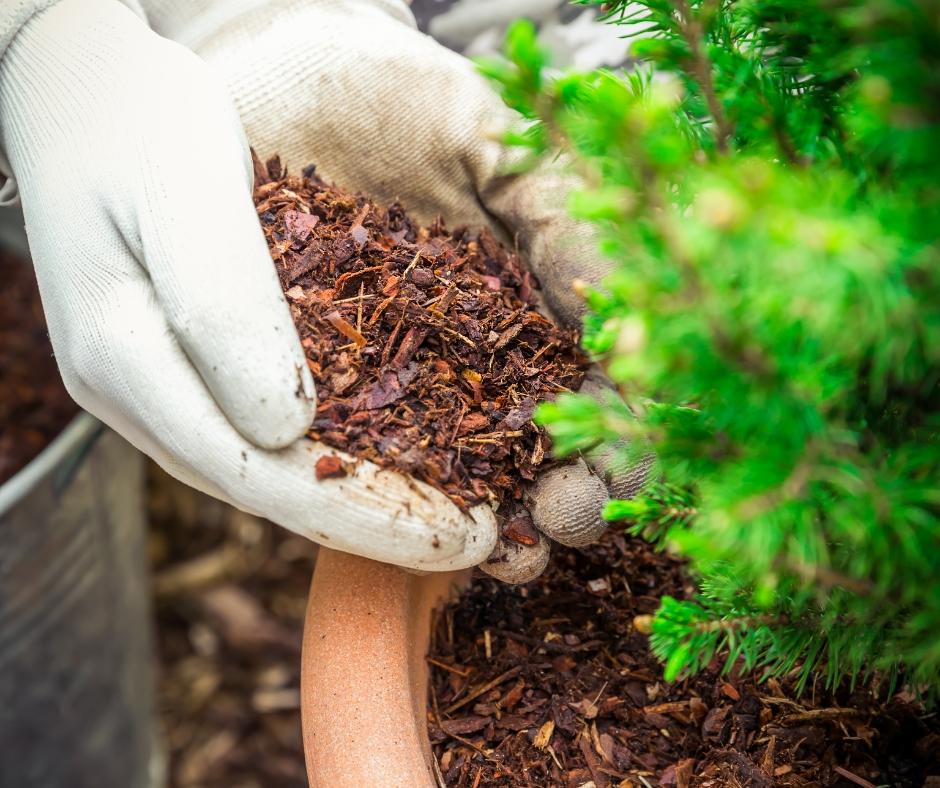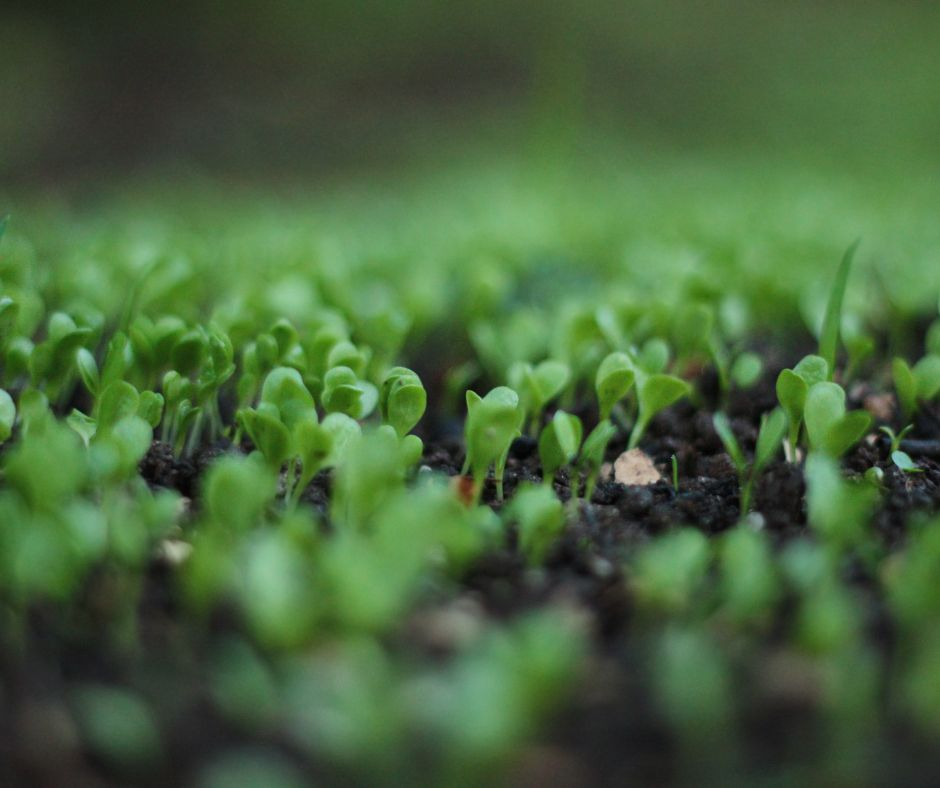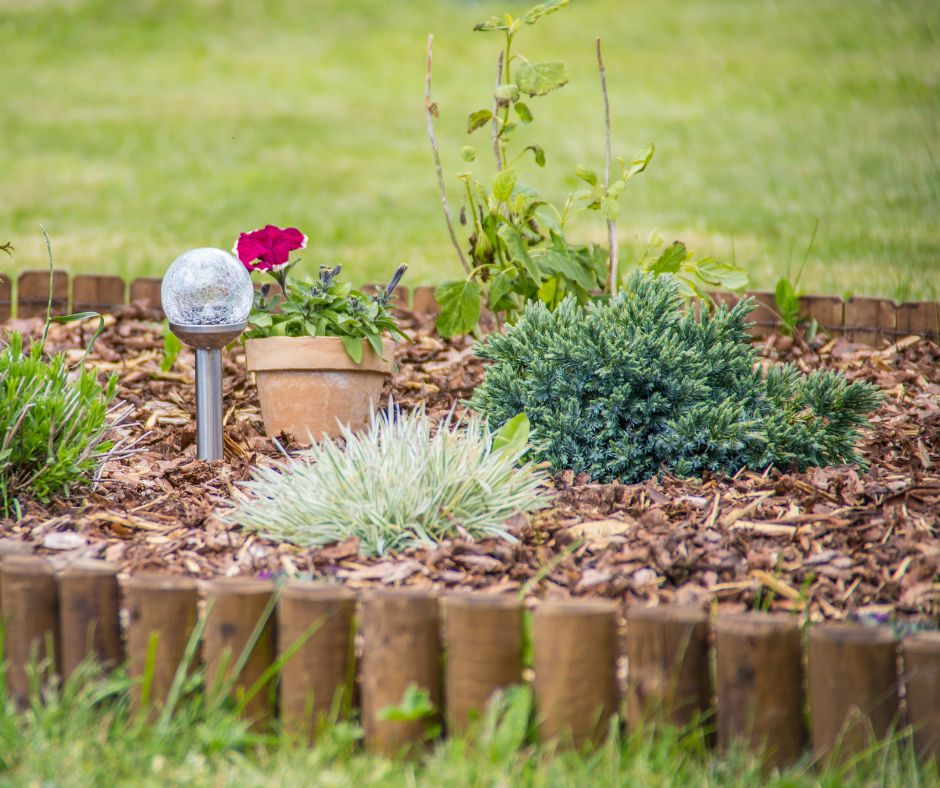Expert Tips on Selecting Landscape Materials for a Sustainable Garden
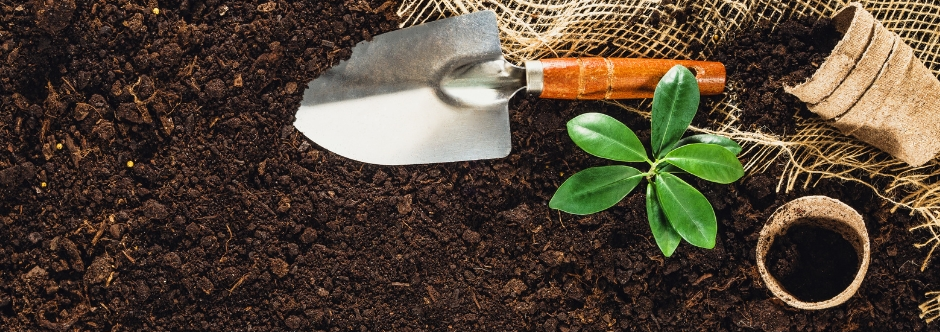
Creating a sustainable garden is not just about planting greenery; it's about making environmentally conscious choices every step of the way. From the soil you enrich to the materials you select for paths and patios, every decision impacts the health of your garden and the planet. In this guide, we'll explore expert tips on selecting landscape materials that align with sustainability principles, ensuring your garden thrives in harmony with nature.
1. Choose Locally-Sourced Materials
Selecting locally-sourced materials is a cornerstone of sustainable landscaping. Not only do they reduce the carbon footprint associated with transportation, but they also support the local economy. Materials like local stone, gravel, and wood blend naturally with your garden's setting, creating a cohesive aesthetic that feels right at home.
2. Opt for Recycled or Reclaimed Materials
Recycled or reclaimed materials are an excellent choice for the eco-conscious gardener. Reclaimed wood can be transformed into beautiful, rustic pathways, benches, or borders. Similarly, recycled glass and metal offer unique, durable options for garden art and structures. By choosing these materials, you're reducing waste and conserving resources.
3. Incorporate Permeable Paving
Permeable paving materials, such as porous concrete, pavers, and gravel, allow water to filter through the surface and into the ground, reducing runoff and erosion. This is especially important in sustainable gardens, where preserving the natural water cycle is a priority. Permeable paving also minimizes the heat island effect, keeping your garden cooler in the summer months.
4. Use Sustainable Wood and Natural Fibers
When selecting wood for decking, fencing, or structures, look for labels indicating it has been sustainably harvested or certified by organizations like the Forest Stewardship Council (FSC). Natural fibers, such as hemp and jute, can be used for garden twine and netting, offering a biodegradable alternative to synthetic materials.
5. Prioritize Durability and Longevity
Choosing materials that are durable and long-lasting is essential for sustainability. Durable materials require less frequent replacement, reducing waste and the need for new resources. For example, opting for high-quality stone or metal for garden edging can ensure your garden's structure remains intact for years to come.
6. Embrace Natural Landscaping Techniques
Incorporate landscaping techniques that work with your garden's natural environment. Use native plants that are adapted to your region's climate and soil conditions, reducing the need for water, fertilizers, and pesticides. Additionally, consider creating wildlife habitats with native bushes and trees, and using natural mulch to enrich the soil and conserve moisture.
Conclusion
Selecting the right landscape materials is a critical step in creating a sustainable garden that is beautiful, functional, and kind to the planet. By following these expert tips, you can make informed choices that contribute to a healthier environment and a more sustainable future.
For those looking to embark on a sustainable landscaping project, North County Supply offers a wide range of environmentally friendly materials and expert advice to help you create the garden of your dreams. Visit us to explore our selection and learn more about how we can support your sustainable gardening efforts.
